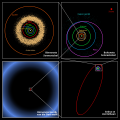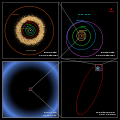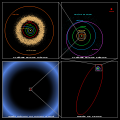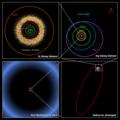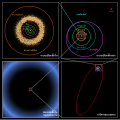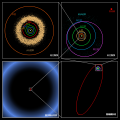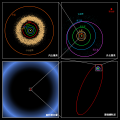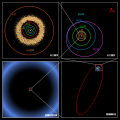Archivo:Oort cloud Sedna orbit.jpg
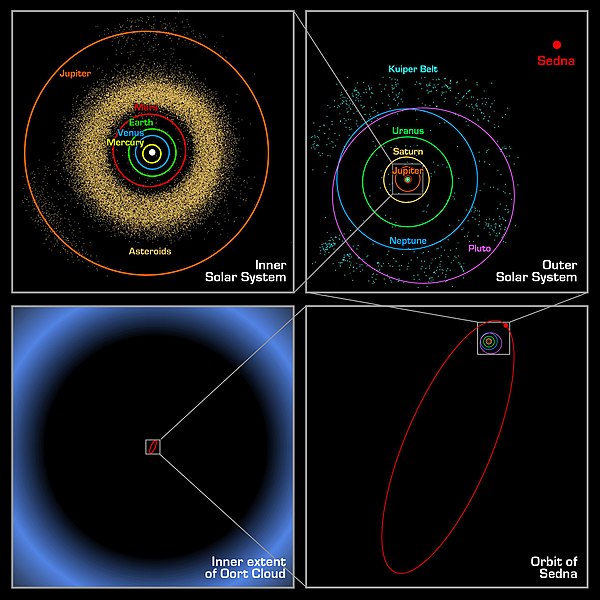
Tamaño de esta previsualización: 600 × 600 píxeles. Otras resoluciones: 240 × 240 píxeles · 480 × 480 píxeles · 768 × 768 píxeles · 1024 × 1024 píxeles · 2499 × 2499 píxeles.
Ver la imagen en su resolución original (2499 × 2499 píxeles; tamaño de archivo: 542 kB; tipo MIME: image/jpeg)
Historial del archivo
Haz clic sobre una fecha y hora para ver el archivo tal como apareció en ese momento.
| Fecha y hora | Miniatura | Dimensiones | Usuario | Comentario | |
|---|---|---|---|---|---|
| actual | 08:48 19 sep 2005 |  | 2499 × 2499 (542 kB) | Bricktop | larger |
| 00:05 24 mar 2005 | 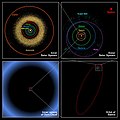 | 577 × 577 (47 kB) | Smartech~commonswiki | {{PD-USGov-NASA}} |
Usos del archivo
La siguiente página usa este archivo:
Uso global del archivo
Las wikis siguientes utilizan este archivo:
- Uso en ba.wikibooks.org
- Uso en bg.wikipedia.org
- Uso en bn.wikipedia.org
- Uso en bn.wikibooks.org
- Uso en cs.wikipedia.org
- Uso en da.wikipedia.org
- Uso en de.wikibooks.org
- Uso en el.wikipedia.org
- Uso en en.wikipedia.org
- Uso en en.wikibooks.org
- Uso en fi.wikipedia.org
- Uso en fr.wikibooks.org
- Uso en hu.wikipedia.org
- Uso en id.wikipedia.org
- Uso en is.wikipedia.org
- Uso en it.wikipedia.org
- Uso en kn.wikipedia.org
- Uso en lt.wikipedia.org
- Uso en mr.wikipedia.org
- Uso en ms.wikipedia.org
- Uso en mt.wikipedia.org
- Uso en nds.wikipedia.org
- Uso en nl.wikipedia.org
- Uso en oc.wikipedia.org
- Uso en pl.wikipedia.org
- Uso en pms.wikipedia.org
- Uso en pnb.wikipedia.org
- Uso en sh.wikipedia.org
- Uso en simple.wikipedia.org
- Uso en sk.wikipedia.org
- Uso en ur.wikipedia.org
Ver más uso global de este archivo.





